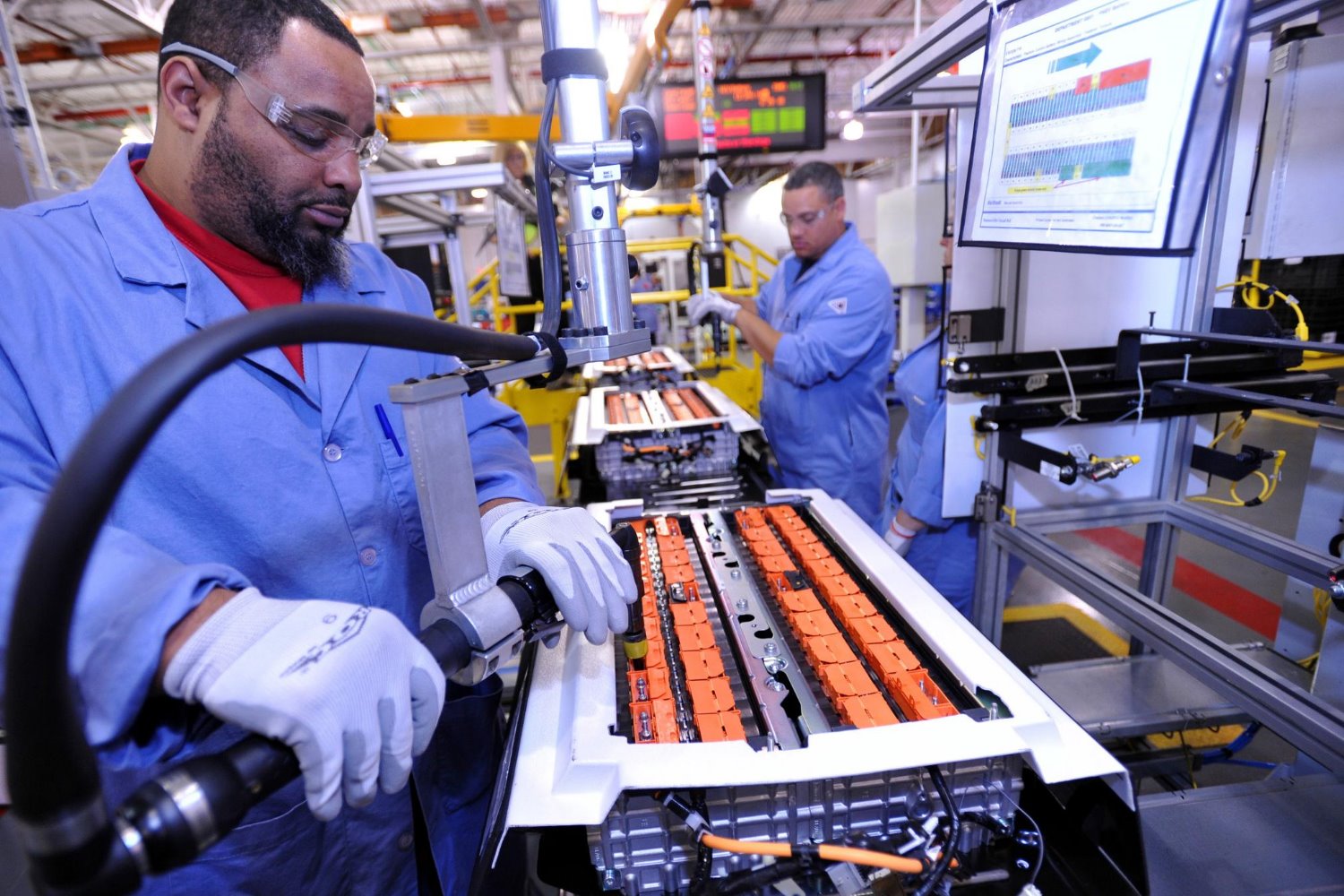Ford Accelerates Expansion Of Electrified Vehicle Battery Research And Development
| As AR1.com predicted many years ago, the future car will be 100% electric power and lithium ion batteries will be replaced by capacitors made from graphene that enable cars to be recharged in a couple of minutes. |
Ford is expanding its electrified vehicles research and development program in Europe and Asia this year, creating a "hub and spoke" system that allows the global team to further accelerate battery technology and take advantage of market-specific opportunities.
The global expansion also allows Ford’s Electrified Powertrain Engineering teams to share common technologies and test batteries virtually, in real time, to develop new technology faster while reducing the need for costly prototypes.
Ford – the top seller of plug-in hybrid vehicles and second largest electrified vehicle seller in the U.S. – continues investing in electrified vehicle technology, research and development teams.
This year, for instance, Ford expanded its Electrified Powertrain Engineering (EPE) program in Dearborn to focus on developing new and innovative technologies for electrified vehicles by hiring more than 120 additional electrified vehicle engineers and moving the EPE team into its own dedicated facility, Ford Engineering Laboratory.
The expanded engineering capabilities enabled by the Ford Engineering Laboratory allow the team to control a network of world class facilities in China, England, Germany, and the U.S. Through this network, the EPE team will take advantage of globally connected technologies to develop lighter and more durable EV batteries.
 |
| Ford is barking up the wrong tree if it is doing research on Lithium Ion batteries |
Ford also is expanding in China and Europe to accelerate battery technology research and development for new markets. By using an innovative hardware and software system called HIL, or Hardware-in-the-Loop, the global team can test battery technology and control system hardware in a virtual environment to simulate how batteries and control modules would behave in different – often punishing – environments in any part of the world.
Testing of batteries across a range of temperatures and charge/discharge cycling conditions is important for determining how quickly a battery could degrade in different parts of the world.
The global Ford team has used temperature testing extensively for more than a decade as part of its production battery design and validation process. Through testing, Ford has been able to develop more durable batteries that can survive extreme cold and hot temperatures.
"Batteries are the life force of any EV, and we have been committed to growing our leadership in battery research and development for more than 15 years," said Kevin Layden, director, Ford Electrification Programs. "Battery technology has evolved rapidly since we launched our first volume electrified product, the Ford Escape Hybrid, in 2004, and we look forward to developing even better vehicle battery technology for our customers."
The company recently expanded its offerings in growing markets, including Taiwan and Korea, where the company offers the Mondeo Hybrid. Ford also announced it is bringing the C-MAX Energi Plug-In Hybrid and the Mondeo Hybrid to China.
University of Michigan Battery Lab
In October, Ford, the University of Michigan and the Michigan Economic Development Corporation announced a new $9 million battery lab at the University of Michigan that is helping the company develop batteries that are smaller, lighter and less expensive to produce.
The state-of-the-art, small-scale manufacturing facility uses the latest battery development and research technologies to replicate the performance of full-scale production batteries, allowing for faster implementation in future production vehicles.
"The Battery Lab gives us an opportunity to test hundreds of chemistries and cell designs that can then be translated into the production line," said Ted Miller, senior manager of energy storage strategy and Research. "This is truly a world-class environment for Ford to develop and test industry-leading battery technology."
